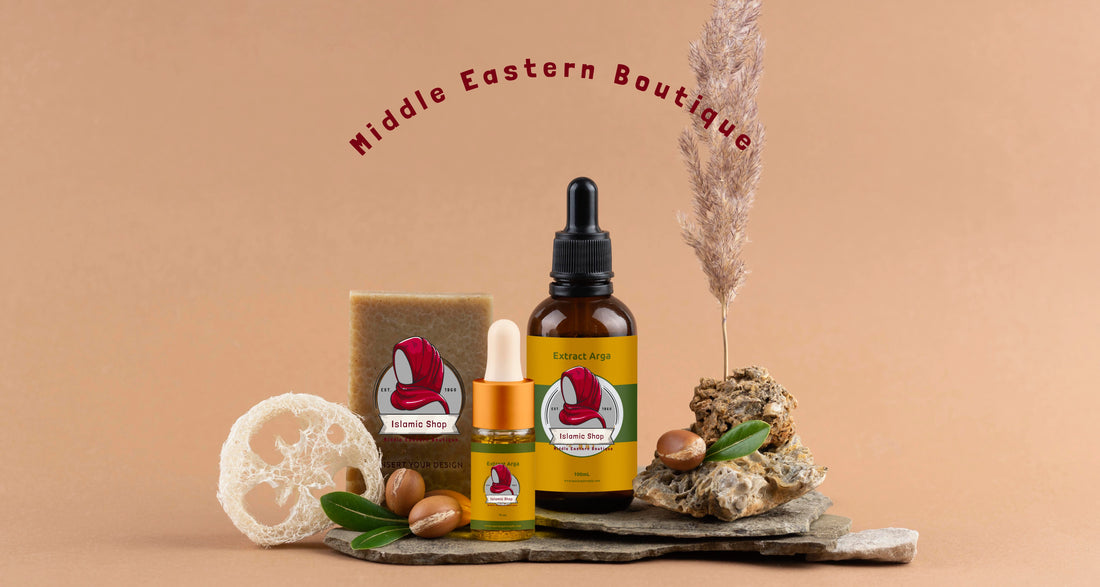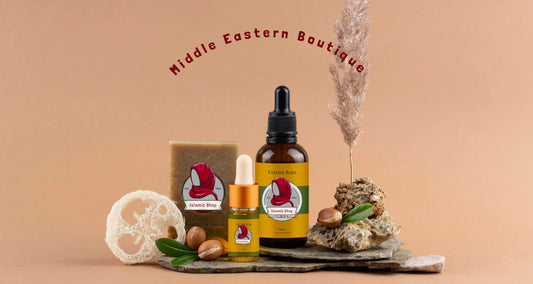People have used oils to hydrate their hair and skin for centuries, but you might still have questions about how face oils fit into your skincare routine. For example, should oily skin types steer clear? Is face oil a hydrator all on its own? Keep reading for all the details on face oil benefits and how to use different oils to upgrade your beauty regimen.
What Are Face Oils?
Face oils can function as emollients, which add moisture, and as occlusives, which lock in moisture. Each type of face oil has a unique combination of essential nutrients and fatty acids that nourish and revitalize the skin within the stratum corneum, the outermost layer of the skin.
Benefits of Using Face Oils & Different Types to Consider
Face oils are mega multitaskers. They provide your skin with an extra layer of protection to trap in moisture while also addressing a host of other skin concerns. Some face oil benefits include:
- Protecting skin from free radicals.
- Evening out complexion and correcting discoloration.
- Brightening and promoting a fresh glow in mature and dull skin.
- Creating a dewy finish when added before or to foundation.
While these benefits can be expected across the board, each type of face oil has different qualities to consider. Here’s a breakdown of the most common face oils.
Argan Oil
Argan oil is a lightweight, luxe face oil composed of fatty acids, vitamin E and linoleic acids. These properties combine to prevent moisture loss and soften the outermost skin layer.
Tea Tree Oil
The antiseptic properties of tea tree oil help control the skin's natural oil production. Because tea tree is an essential oil, you need to dilute it before application to prevent irritation. Look for products that contain tea tree oil rather than applying it directly to your skin.
Jojoba Oil
This oil has ultra-soothing, anti-inflammatory benefits that help resolve skin conditions. Since jojoba oil balances sebum production, you can use it as a treatment to clear acne and curb future breakouts.
Rosehip Oil
Rosehip oil is gentle and packed with antioxidants and phytonutrients that support a healthy skin barrier. It's lauded for the radiant glow it brings to skin, as well as its anti-irritant properties.
Marula Oil
Marula oil has key amino acids that help reduce trans-epidermal moisture loss. It leaves skin well-nourished and hydrated, maintaining the skin barrier function.
Coconut Oil
Think of coconut oil as a once-a-week overnight treatment to increase hydration and keep skin feeling supple. Because it's highly comedogenic it can clog pores, so be mindful of that if you have oily skin
.
How to Choose the Right Face Oil
So, what's the best oil for your face? Here are the recommended face oils for every skin type:
- Face oil for dry skin: Coconut and rosehip oils are both known to help reduce skin conditions like scaliness and eczema.
- Face oil for sensitive skin: Oils that contain chamomile and lavender are gentle on the skin and reduce irritation.
- Face oil for oily and acne-prone skin: The antimicrobial properties of jojoba and tea tree oils help control and reduce acne-causing bacteria.
- Face oil for combination skin: Marula oil has a non-greasy texture and is quick-absorbing, which is ideal for this skin type's dual concerns.
- Face oil for anti-aging: Rosehip and olive oils are nutrient-dense and may help prevent signs of premature aging.
How to Incorporate Face Oil into Your Care Routine
Now that you're familiar with the different types of skin oils for the face, let's dive into how they fit into your skin routine day.
The general rule is to layer your products in order of consistency, starting with the lightest and ending with the thickest. But what about face serum vs. face oil? Since oil is the densest product in your routine and takes the longest to absorb, it should be applied last.
For maximum hydration, mix your face oil into your moisturize or apply it afterward to lock in its water content. While you can use face oil every day, consider reserving it for nighttime. This is because you should be using sunscreen year-round during your morning routine (including in winter) and your face oil could make it less effective.
How to Apply Face Oil
Proper application is crucial to getting the most out of your skincare products. It's a good rule of thumb to wait a minute between each layer of product to allow it to fully penetrate. Follow these steps once you get to the final stage of applying face oil:
- Apply a few drops into your palm (remember that a little goes a long way).
- Rub your hands together to warm the oil.
- Pat oil into skin, gently pressing your hands onto your face and neck.
Finding the right face oil for your skin type and needs can unlock your best skin yet. This essential step is brilliant for delivering extra nourishment and targeting multiple skin concerns at once. Be sure to chat with your dermatologist before switching up your skincare ritual to get expert recommendations.







